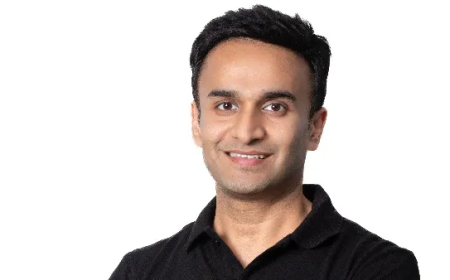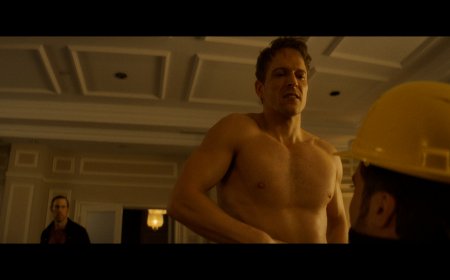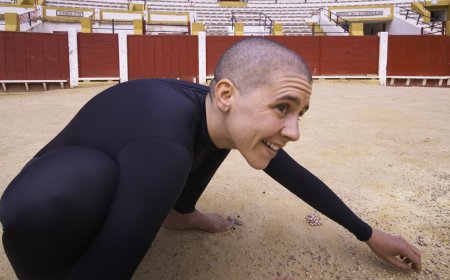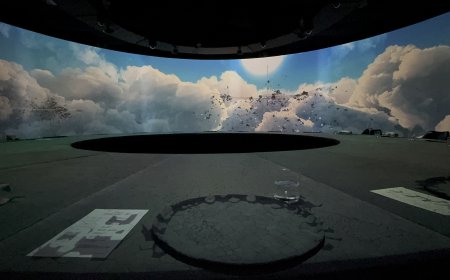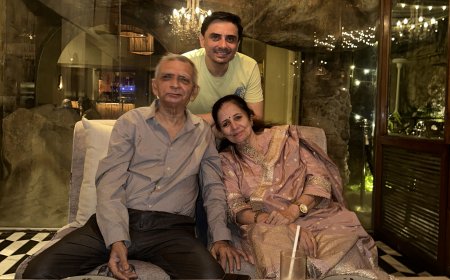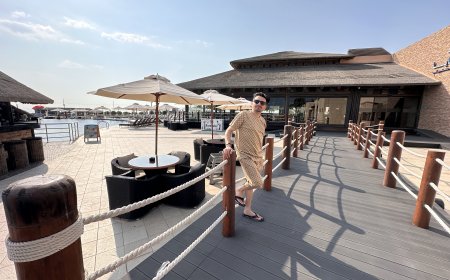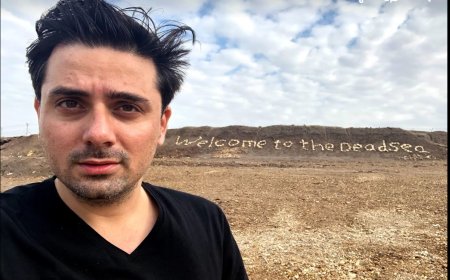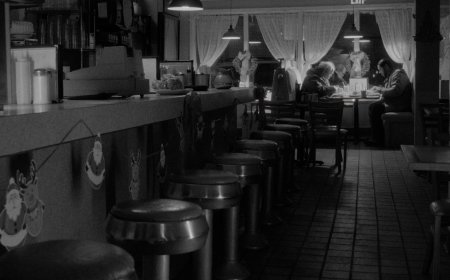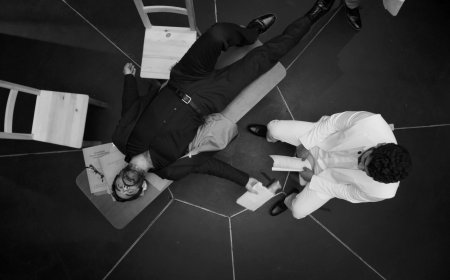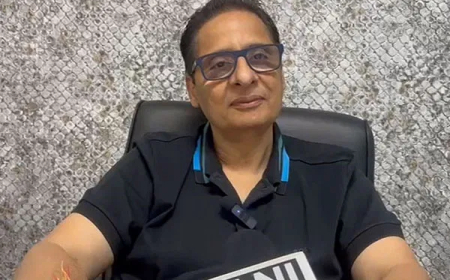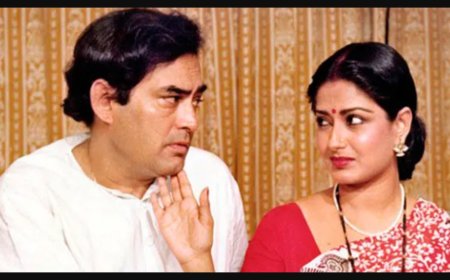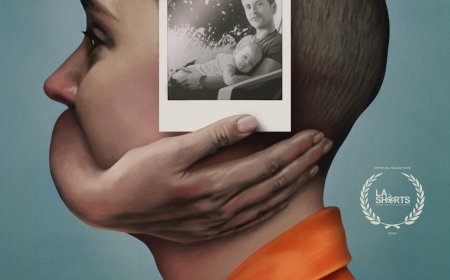A Review of ‘Yes Repeat No’: A compelling interplay between actors from the Holy Land’s warring factions.
Three Middle Eastern actors struggle to come to terms with the various roles they play while auditioning for a strange film.

‘Yes Repeat No’: A compelling interplay between actors from the Holy Land’s warring factions.
Cast: Salome Azizi, Mousa Hussein Kraish, Adam Meir, Karim Saleh
Critic’s Rating: 4 Stars out of 5
Director: Michael Dahan
Duration: 1 hour, 38 minutes
Genre: Drama
Language: English
Release: 2023, 2025
What’s it about?
Three Middle Eastern actors struggle to come to terms with the various roles they play while auditioning for a strange film.
Review:
At a time with the Israel-Palestine conflict is raging, here comes a pertinent and thought-provoking drama based on a most unusual personality. The late Juliano Mer-Khamis – son of an anti-Zionist Jewish mother and a Palestinian Christian father – is the subject of a film-in-the-making at a secluded and claustrophobic studio. The former Israeli Defence Forces’ paratrooper-turned-pro-Palestinian activist and prolific actor has inspired a lady director to make a “conceptual film” on her multifaceted subject. In order to capture the complex mind and persona of Juliano, she engages a trio of actors from the region of his birth, to audition. What follows is a convoluted and fascinating meditation on political, ethnic and moral identity that makes for an off-beat and riveting character study.

The first actor to rehearse a part is christened “Israeli Juliano” (Karim Saleh) and plays out a character arc from early Kibbutz commune settler, to anti-Arab war monger, to disillusioned wannabe defector. He is followed by “Arab Juliano” (Mousa Hussein Kraish), who justifies and condones the role of the Jihadi by contrasting it to the more severe atrocities inflicted by the U.S. Finally, “Public Juliano” (Adam Meir) arrives on the scene to portray the conflicted mentality of Juliano – just as the latter had demonstrated in theatre and film. Yael the director (Salome Azizi), uses provocative verbal cues to help the actors develop their respective aspects of Juliano’s personality. The unique exercise also stirs up discussion and debate as to the plausibility of the actors’ “roles.”

What ensues is a bizarre interlude of stills and voices from the Diane Keaton-starrer and Middle East-set spy thriller film The Little Drummer Girl (1984). Yael introduces this to the trio in order to get them to play three pivotal roles from the movie and that too, in three scenarios of role reversal. The characters in the movie are Kurtz - an Israel Mossad Intelligence commander; Charlie - an American lady activist and reluctant spy for the Israelis; and Kurtz’ field agent Joseph who bears pseudonyms and a Palestinian disguise. Amid the various scenes, the beguiling inputs by Yael make her seem like she’s playing either Devil’s Advocate or God. This, while searching for an elusive and enigmatic “link”, “bridge” or “kissing point” between the three adverse characters. It appears she is mounting elaborate schemes to extract genuine and truthful performances from her cast. But is there something more afoot?

Improvisation takes centre stage in the course of the various fictional interactions, while nothing goes to script. Yael scrambles each of her actor’s morally-ambiguous characters to see how well the Arab, Israeli and Public actors fit into each other’s shoes. But in the process, their true colours emerge, leading to emotions running high and tensions flaring. “My Arab bitterness is what makes a scene”, says Arab Juliano to Israeli Juliano, “Like your Israeli bullying and (pointing to Public Juliano playing Charlie) his American duplicity". The antagonism stirred up by the role-playing gives way to exhaustive confusion with Israeli Juliano stating, “We are in the middle of the Sinai without LSD and we don’t know where we are going!” Meanwhile, the audience is kept wondering if the impasse will lead to a breakthrough and whether the desired transformation of character will come about.

Though a bit talkie and repetitive at times, the film is nevertheless engrossing. However, some of the characters’ observations are a tad cerebral for all the viewers to assimilate and absorb. Still, the acting is top-drawer, with Saleh the clear stand-out for conveying the gamut of human emotion and changing accents in accordance with each of his roles. The interplay between acting for the camera and talking behind the scenes as well as the switching of costumes, changes in dialogue and tone, and a revolving studio floor - all make for nice touches to the film. Foreign movie buffs might be briefly reminded of the Serbo-Creation 2001 classic No Man’s Land as there too, ethnic enemies come face to face. Given the poignant theme of Yes Repeat No, it’s fitting to conclude with the profound words of Public Juliano: “I am the nightmare of Judaism, the bogeyman of Zionism. But I am 100 per cent Palestinian and 100 per cent Jewish.”






